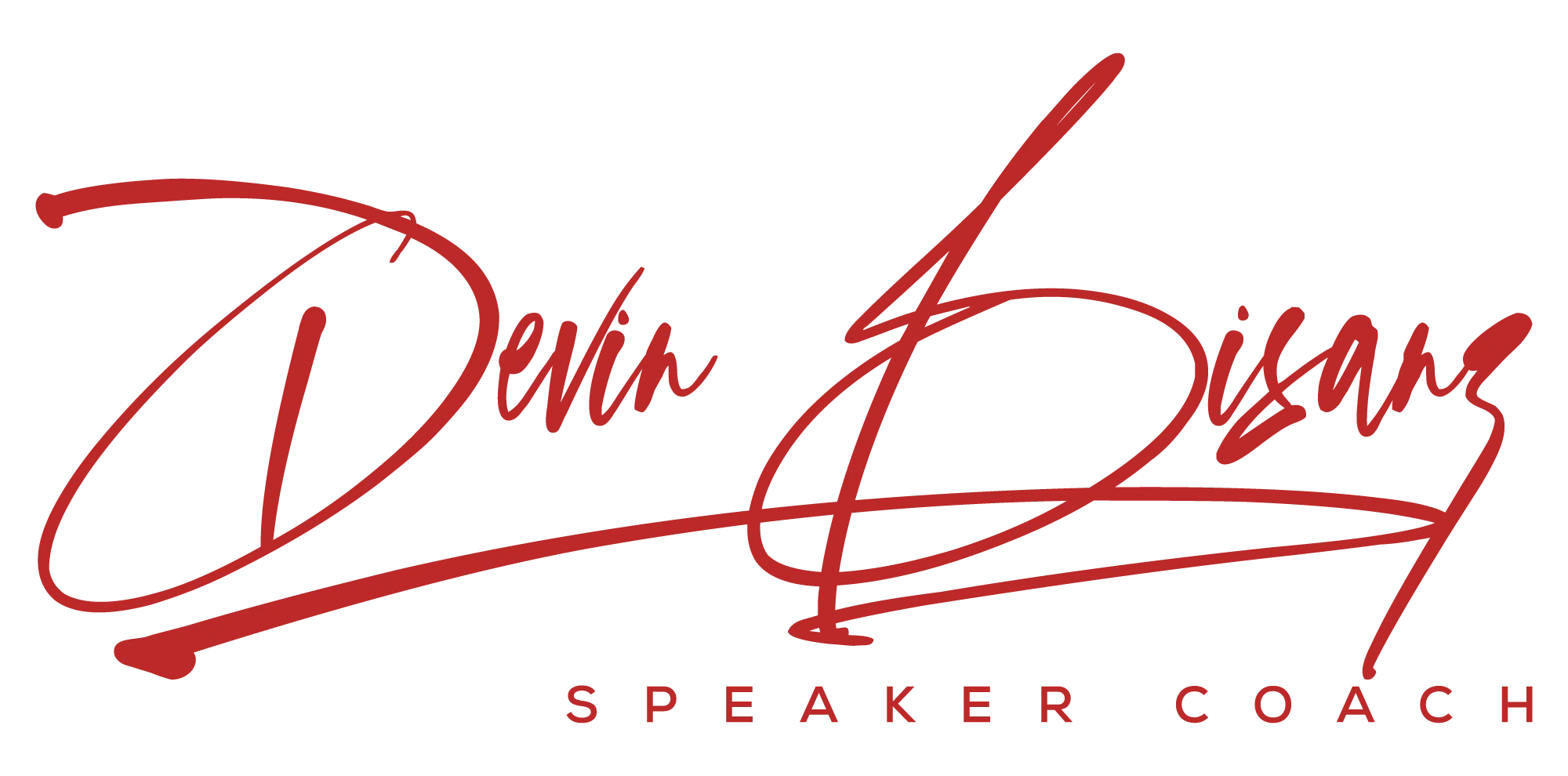How To Engage An Audience
It's not what this speaker is doing wrong, it's what this speaker is doing ineffectively that bothers me. This is the highest level of speaking, you're on TV, you're talking to the most powerful people in Canada, and you're at a communications conference.
I expect the highest level of stage presence and speaking.
Full Disclosure:
I feel like I could have been nicer when pointing out the audience's reaction. Haha, #sorude
BUT, it's hard to know what to avoid doing if I only show videos of speakers who are crushing it. It's also a lot more intimidating for new speakers if all I show is amazing presenters.
I have a friend who is a professor at McGill University and he also trains speakers. My friend teaches students about nonverbal communication and now and again a student says, "Well professor so and so doesn't use body language, and I like his style, why would I have to use body language?"
The answer is simple, the professor has status and people will listen to them speak no matter how bad of a speaker they are. Many A-list personalities are terrible speakers but people will flood into an arena just to listen to what they say.
If you don't have that kind of clout you can do two things; one, wait until you get the clout, or two, learn what your body language says about you on stage. You can get rapport with any audience and stand out like a professional just by knowing how to command the stage.
If you've heard me speak then you know I'm about building confidence.
In the video, we talk about how to engage an audience using questions. We talk about 3 types of questions:
1. Yes/No Questions:
Let's kick things off with the classics – yes/no questions. The salt and pepper of public speaking, sprinkled strategically to spice up your presentation. These questions demand participation without putting too much pressure on your audience. Picture this: "Ever find yourself craving pizza late at night? After Drinking?" Maybe that follow-up question is rhetorical.
2. Rhetorical Questions:
Now, the realm of rhetorical questions. They're like the ninja stars of public speaking – thrown effortlessly to make a point. "Who hasn't dreamt of a 28-hour day?"
3. Open-Ended Questions:
Ah, the open-ended questions – the free-spirited butterflies of your speech. They invite your audience to share their thoughts and experiences. "What's your wildest adventure? Feel free to share, or keep it on the down-low if it involves a monkey and a trampoline!"
Challenges and How to Tackle Them:
a. Crickets Chirping:
You drop a question, and all you hear is the distant sound of crickets. It happens to the best of us. Solution? Keep it light! Silence is golden, or in this case, it's pondering time. Let those brain cells do their magic! Ask the question again. Gesture to one person and ask, what about you?
b. Overzealous Participants:
You've got that one audience member who turns every yes/no question into a personal monologue. Manage it with humour: "I love the enthusiasm! Save some storytelling prowess for the post-speech hangout, and we'll form the 'Overly Eager Speakers Anonymous' club." If a punchline is not your thing then say, "Thank you for sharing, but I have to cut you off because we only have so much time."
c. Controversial Can of Worms:
Open-ended questions can sometimes open a can of controversial worms. The key? Be prepared with a witty redirection. "Ah, the age-old debate of pineapple on pizza! Let's agree to disagree and keep the peace."
Bonus Question Types:
Hypothetical Questions:
Take your audience on a mental rollercoaster with "What if" scenarios. "What if we could replace alarm clocks with cat choirs? Hit snooze, and they start singing – snoozic to my ears!" Ohhhhh, but remember, this punchline is hilarious online... probably not going to work on audiences... which is also funny! It's a pattern interrupt, it keeps the audience engaged.
Multiple-Choice Questions:
Turn your presentation into a game show with multiple-choice questions. "Is the key to happiness; a) chocolate, b) laughter, or c) both?" This is a loaded question but you hear speakers do this with serious topics as well and it works.
Conclusion:
In the universe of speaking in general, questions are your secret weapon. Whether you're dancing with yes/no, playing mind games with rhetorical, or hammering open-ended, questions are the glue that binds you to your audience.
Now go forth, fellow speakers, and turn your audience into active participants in the symphony of your words.
And Body Language!
Other interesting reads from the blog:
4 Lessons I Learned From Joe Roberts- Skid Row to CEO
